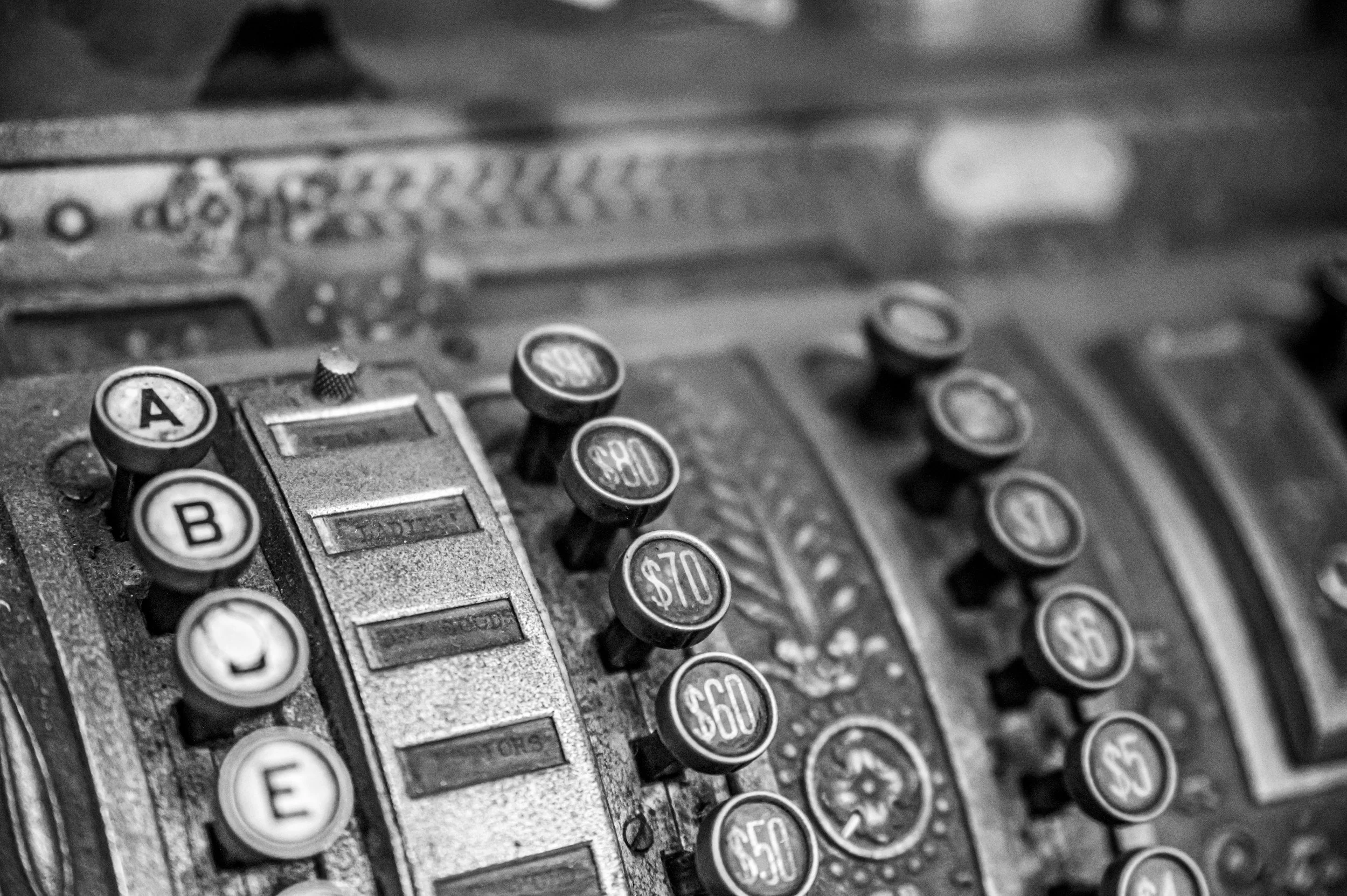Grounded in the physics of life and the idea of usefulness, vulgar economics explains why things are turning to shit.
“When two parties each produce something they don’t want but the other does they effectively exchange their waste. One might be offering cash and the other a product but they’re each holding a kind of useful excrement .”
Peter Tunjic | Vulgar Economist
Vulgar economics is the study of how producing and exchanging unwanted waste (unwants) generates value in use or it’s highly destructive opposite, counter-value. The Purpose of Vulgar economics is to understand and solve the problem of usefulness : How individuals, corporations, and governments harness their capitals to generate energy in its social form - Value.
The Art of the Deuce or Why We Sell What We Sell
Say’s unspoken second law states that the act of producing a good or service that cannot be used by the producer (an “unwant”) creates an overwhelming urge to supply and sell that unwanted thing.
Why Markets Abhor a Gradient
The vulgar market is the real and visceral market. An ignoble co-ordination device in which producers exchange their unwanted goods, services and income based on the utility of an unmistakable gamble of excrement.
Why We Win Some But Risk Losing It all
Why does maximising profits for a firm’s shareholders while operating within the bounds of open and free competition, without deception not also increase social welfare when measured in terms of the availability and accessibility of socially useful things
How can useful things be in decline in the world if the market is so good, just, powerful and efficient?
Vulgar Economic Insights
Obscured by humanities disgust for excrement, the uncanny similarity between shit, cash and commodities has long gone unnoticed.
There exists an immutable law of motion as old as the market, that compels a producer to no less despatch products, services and even money, that are effectively useless to the producer, to the market, than a bear is compelled by nature to despatch it’s shit to the woods.
Rooted in Aristotle’s concept that all value is value in use, vulgar economics is a proto classical theory of value. But there’s no way to avoid the truth of it. Vulgar economics isunmistakeably a scatological theory of value.




